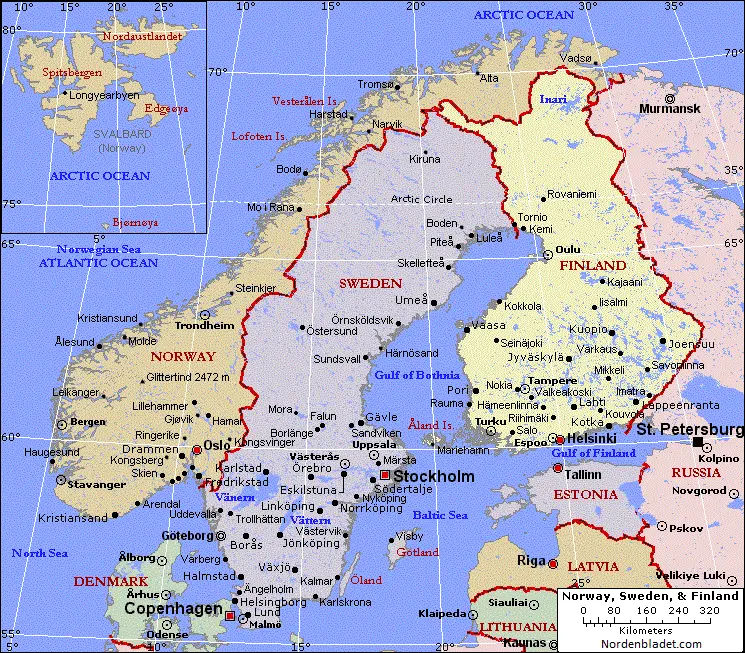“British defence policy is incoherent and purposeless”.
This is the note of a debate held on March 21st by senior figures in The Alphen Group which I have the honour to chair.
The debate considered the future British Army to which London should aspire and the consequences for European defence and NATO of the current state of the British Army. Size matters with credible and relevant fighting power and readiness the real measures of strength. Ukraine has 100 manoeuvre brigades and is only just holding a defensive line. Britain can deploy at best only several such brigades.
Britain must have an expeditionary army that can enter the Continent in some strength together with sufficient and robust logistics. In the face of a Russia committed to aggression and given NATO’s “increased defensive frontage”, the British Army should be able to field at least one full corps headquarters and two heavy divisions, one at 30 days readiness and the other at 90 days, in addition to Special Forces and other highly mobile strike forces together with their deployed defence and enablers. That is not the case today. The Army must also be big enough to afford Britain a “seat at the table” in Washington and the institutions vital to London’s defence strategy.
London has no clear focus on how to defend the realm leaving British defence policy incoherent and purposeless, with little relation between defence strategic ends, ways and means. There are other consequent critical lacunae, such as the lack of reserves all of which since 2010 have been committed to cover personnel shortfalls, and no industrial and technological base to support the armed forces in general. Worse, there is no real framework for properly understanding the place and role of the Army in the defence of an island that cannot feed or eat itself should trade be disrupted or play an appropriate role in NATO land deterrence and defence.
The wider defence strategic reality is that on current level of expenditure Britain can no longer afford both a bespoke continually at sea nuclear deterrent and credibly and appropriately powerful conventional armed forces that meet its NATO commitments. This is partly due to defence cost inflation, and poor returns on defence investment due to “gold-plated procurement”. Britain also has wider defence-strategic commitments, such as the AUKUS pact which do offer benefits such as enhanced influence with critical partners, but they also cost money reducing further the investment the Army needs to realise minimum force goals.
Until London’s Body Politic is once again aligned with Britain’s minimum grand strategic interests the ends, ways and means of British military power “will continue to be out of sync”. For too long the British Army, Royal Navy and RAF have been seen as a cost that can only be afforded if Britain is prosperous enough, rather than a critical value that must be afforded. These tensions have been compounded by senior military commanders faced with such tensions who bet that technology could offset mass whilst also trying to meet an expanded task-list with an ever-smaller force. This has placed pressures on experienced personnel who are leaving the Army in significant numbers. Many allies value the quality of British officers but if the Army continues to erode that quality will erode with it.
What to do? With a new Labour government likely to come to power in 2024 a further defence review together with a comprehensive spending review will be held. Any such review would have to mark a departure from recent such exercises and begin with an honest analysis of likely global and European security challenges over the next 10 years, central to which would be identification of the fighting power needed to confront Russia. Only then can Britain then deduce the minimum capabilities needed in both the nuclear and conventional domains to dissuade them, with or without American support.
The crisis in the fighting power of the British Army is a crisis in British defence and the vital need for wholesale reform designed to drive jointness deep across all the armed forces and their civilian masters. It must start at the top with the wholesale reform of the National Security Council but above all the Ministry of Defence. Above all, London must stop lying to itself about the state of the British Army because only then will NATO allies believe that Britain can deliver the fighting power which is central to the NATO Defence Planning Process and land centric deterrence.
Can the British Army be saved? To some extent that is a truculent question. Perhaps the real question is can the British Army be saved from London. I must be and quickly and all of us, Britons and allies alike, must win this vital political battle.
Julian Lindley-French






